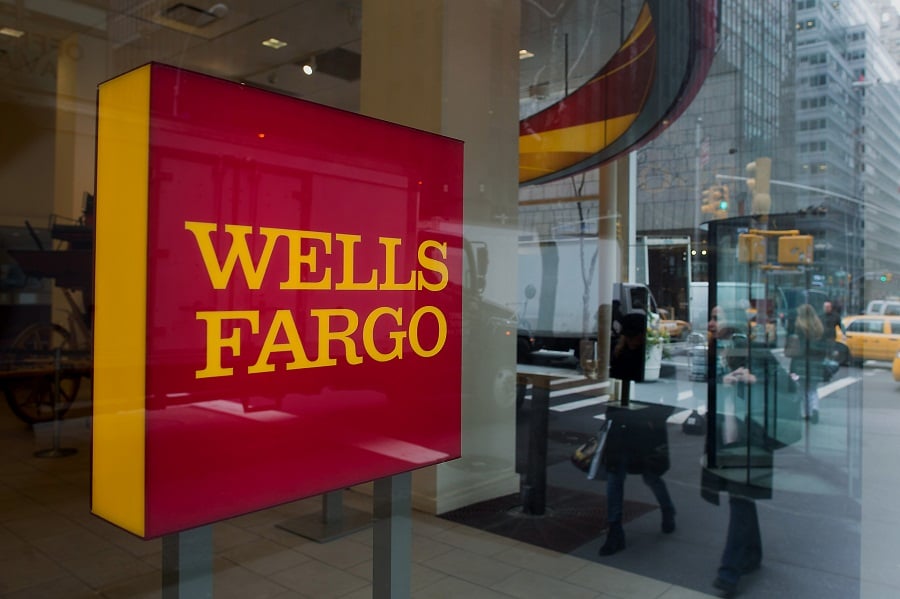

Wells Fargo & Co. was told to pay $102.8 million after a federal jury in Texas said it infringed United Services Automobile Association’s patents for a mobile deposit system.
It’s the second trial Wells Fargo has lost against USAA. In November, a different Texas jury said the bank should pay $200 million for infringing two other patents. That brings the total to about $303 million owed by the San Francisco-based Wells Fargo. Wells Fargo said it “strongly disagrees” with the verdict and said it’s considering its option, including a likely appeal.
San Antonio-based USAA said it had pioneered systems to allow its members to deposit checks from just about anywhere because it doesn’t operate traditional bricks-and-mortar banks and its military customers are all over the world.
“Wells Fargo, and the rest of the banking industry, has benefited from our technology and we look forward to working with banks to create reasonable and mutually beneficial license agreements,” Nathan McKinley, USAA’s vice president of corporate development, said in a statement. “Our goal has always been to be reasonably compensated for the investment in mobile banking innovation we have made on behalf of our members and the military community.”
Wells Fargo said it and other financial institutions license technology from Mitek Systems Inc., which filed its own lawsuit Nov. 1 against USAA in California. Mitek is seeking a court ruling that its technology didn’t infringe USAA patents, saying the lawsuit against Wells Fargo had “placed a cloud over Mitek’s products and services.”
“We believe this is an industry issue involving numerous other banks that license remote mobile deposit technology from the same vendor, not USAA,” Beth Richek, a Wells Fargo spokeswoman, said in a statement. “Wells Fargo has been and continues to be a leader in enabling seamless payments and mobile banking experiences, and this ruling has no impact on our customers’ ability to remotely deposit checks or the company’s work to provide innovative tools and technologies to our customers.”

The Wall Street giant has blasted data middlemen as digital freeloaders, but tech firms and consumer advocates are pushing back.

Research reveals a 4% year-on-year increase in expenses that one in five Americans, including one-quarter of Gen Xers, say they have not planned for.

Raymond James also lured another ex-Edward Jones advisor in South Carolina, while LPL welcomed a mother-and-son team from Edward Jones and Thrivent.

MyVest and Vestmark have also unveiled strategic partnerships aimed at helping advisors and RIAs bring personalization to more clients.

Wealth management unit sees inflows of $23 billion.
Orion's Tom Wilson on delivering coordinated, high-touch service in a world where returns alone no longer set you apart.
Barely a decade old, registered index-linked annuities have quickly surged in popularity, thanks to their unique blend of protection and growth potential—an appealing option for investors looking to chart a steadier course through today's choppy market waters, says Myles Lambert, Brighthouse Financial.
